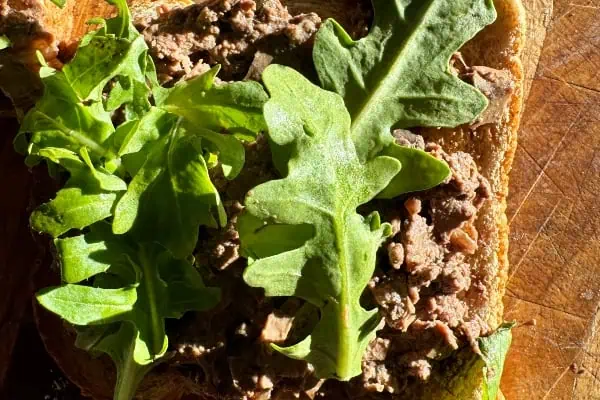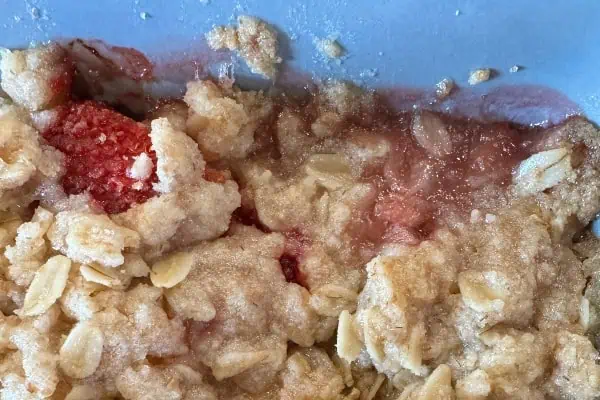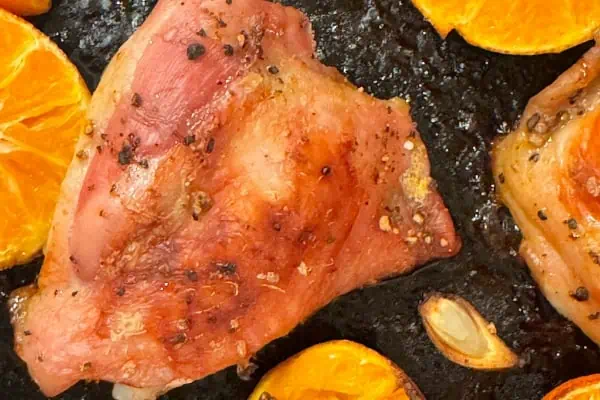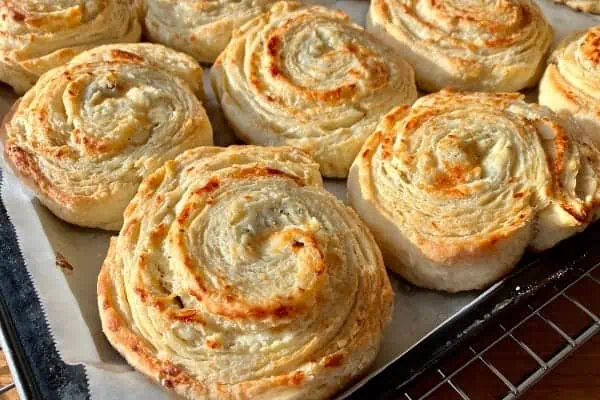Gin is the quintessential summer spirit, especially for those of us who live above the 49th
parallel.
Rum, tequila, and bourbon more properly belong to the south, evoking sea and sand and dreamy afternoons under the liveoak tree.
Gin, however, was invented in the Northern Hemisphere, first appearing in Holland in the 17th Century and quickly adopted by the British — first by the lower, then by the upper classes. Now, production methods for any gin that wants to call itself a “London dry” are strictly enforced.
The juniper berry has long been a dominant flavour in gin, particularly London dry varieties. But in the past 20 years gins that combine an international meadow — full of botanicals — have proliferated. Bombay Sapphire, Hendrik’s, and The Botanist are all infused with herbs and aromatics gathered from around the world.
Now, several Canadian gins that celebrate native botanicals have appeared on the market. The Globe and Mail just published a round-up of the new ones and I was particularly excited by Ungava, a gin produced by Domaine Pinnacle in Montreal but named for the Ungava Peninsula, where its six, distinctly Northern botanicals, are hand-picked, and whose colour is the yellow of cloudberry syrup.
My travelling companion and I found Ungava in the liquor store in Collingwood, Ontario and pounced on a bottle.
We were thrilled to see the label was written in English and Cree, and that the six botanicals included some old favourites from the boreal forest — Labrador tea, juniper, rosehips, and cloudberries.
We decided a gin and tonic would provide the best environment for the gin to shine, and went to four different stores in search of Schweppes tonic, our favourite brand. At home, we poured the yellow liquid over ice in a tall glass, added tonic and a twist of lemon, sniffed, sipped, and prepared to be amazed. Oh, the disappointment!
After the first promising swallow of aromas and flavours reminiscent of tundra and forest, a harsh, bitter aftertaste rushed in to ruin the experience. We both put down our drinks. “I think we just wasted $35,” said my fellow taster.
I’ve been trying to fi gure out what could’ve gone wrong with this great gin idea. Is it a distillation problem or a recipe problem? I don’t know. But I do know that some Northern botanicals, like juniper, Labrador tea, and rosehips have a bitter aftertaste that must be mitigated with other ingredients.
Yukon Brewing had a similar problem with Solstice, its spirit infused with rosehips, sage, and raspberries. It’s great liquor to cook with but not so great alone in the glass. It’s a puzzler, and beyond my scope to solve. In the meantime I had about 750 mL of Northern gin that needed a fix.
The answer came from a fruit stand on a country road near Collingwood: juicy, sweet Ontario strawberries, picked that day. I remembered James Maltby at the Woodcutter’s Blanket in Whitehorse had infused gin with strawberries in preparation for International Negroni Week.
So I combined gin and berries, waited four days, decanted the now rose-coloured drink, and fashioned a strawberry Martini. Well.
The initial burst of strawberry was beautiful, but then that bitterness came creeping in as the ice melted and the gin opened up, and all pleasure evaporated.
The moral of the story is, to build a great, infused spirit at home you need a great base spirit. And to build a great base spirit you have to get the process and the recipe right. Ungava, to my mind, needs to do some tweaking.
Experiment with strawberryinfused gin, but start with Tanqueray or Bombay Sapphire or even Hendrik’s. And if you add some precious wild strawberries, just coming into season now, your infusion will be fantastic.
Strawberry-infused Gin
• 2 cups (480 mL) fresh strawberries, either wild or cultivated
• 2 cups (480 mL) Bombay or Tanqueray gin
Hull and wash strawberries and cut in half. Transfer to a clean 1-litre jar and pour gin over top. Shake and refrigerate. Infuse for 4 days, shaking each day. Strain through a sieve lined with cheesecloth. Store in a cool dark place. Makes 2 cups (480 mL).
Strawberry Martini
• 2 oz. strawberry-infused gin
• ½ oz. dry vermouth
• two dashes orange bitters
• 1 strawberry for garnish
Stir gin and vermouth over ice. Pour over one large ice cube in a martini glass. Garnish with a whole strawberry.




